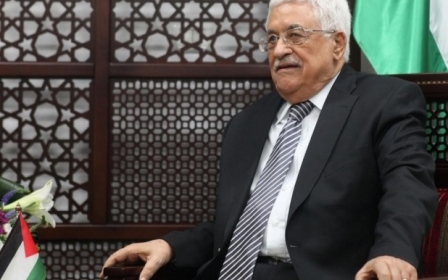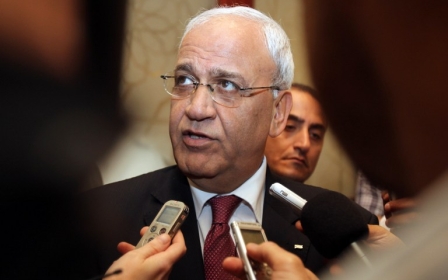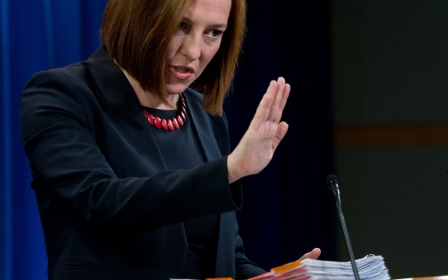Palestinians amend UN Security Council draft resolution

The Palestinian Authority introduced four amendments to a draft proposal submitted last week to the UN Security Council (UNSC) that would set 2017 as the deadline for ending Israel’s decades-long occupation.
“Significant amendments were introduced to the draft blueprint to be voted on by the UNSC,” Palestinian Foreign Minister Riyad al-Malki said in a Monday statement.
The changes, Malki said, include “unequivocal clarifications regarding East Jerusalem being the capital of the State of Palestine, as it is an integral part of the occupied Palestinian territories.”
Moreover, he added, the amendments ensure that “any changes imposed on occupied Jerusalem with the purpose of altering its features or imposing a new status quo will not be recognised.”
Malki went on to say that the changes “affirm the validity of international law and its implementation in all the occupied Palestinian territories, including East Jerusalem, and call for a complete freeze on all Israeli settlement-building activity.”
He also noted that the amendments call for the “halt of all acts of aggression or provocation, be it against al-Aqsa or any other Muslim or Christian holy site, or against any part of the Palestinian territories under threat of confiscation or aggression".
The amendments were made after a meeting of the Palestinian leadership convened last week to discuss the draft resolution, which was submitted to the UNSC last week by Jordan on behalf of Arab states. The date for voting on the resolution, however, has yet to be announced.
"The draft resolution is open to amendments to be submitted by any member state. We will try now to strengthen the draft resolution by adding some texts which are clear language-wise and do not have any ambiguities," Malki said in an interview with the al-Ayyam newspaper on Sunday.
According to Malki, the resolution will tackle the most pressing issues that Palestinians in the West Bank face under Israeli occupation. Among these issues is the constant expansion of Jewish only settlements and the Israeli incitement against the Palestinians.
"The more you review the resolution, the more you feel you can improve or strengthen the text in some aspects in regard to those issues," he added.
The submission of the resolution came at a time during which a number of European parliaments pressured their governments to support a Palestinian state. The United States has expressed that it will not support the resolution, although it remains unclear whether they will veto it or not.
Palestinian critics, meanwhile, have expressed scepticism toward the resolution, and some see it as another attempt by the Palestinian Authority leadership under Mahmoud Abbas to further their legitimacy through largely symbolic resolutions and legal manoeuvres.
New MEE newsletter: Jerusalem Dispatch
Sign up to get the latest insights and analysis on Israel-Palestine, alongside Turkey Unpacked and other MEE newsletters
Middle East Eye delivers independent and unrivalled coverage and analysis of the Middle East, North Africa and beyond. To learn more about republishing this content and the associated fees, please fill out this form. More about MEE can be found here.




